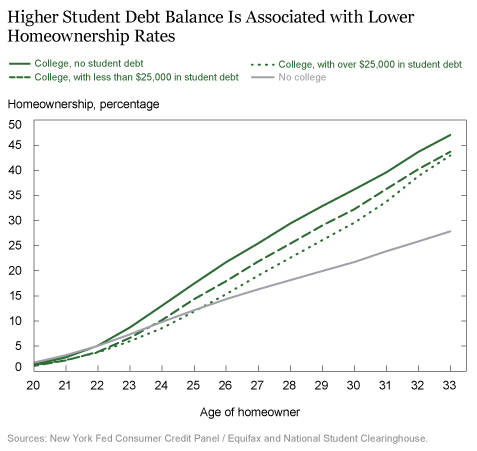So, most of you know I’m the President of HRU Technical Resources. Most of you don’t know my Mom is the CEO!
She makes sure to point that out to me about once per month! Today is her 70th birthday. While it’s been a while since she’s been on the phone filling requisitions, to this day, she can not turn if off!
She started her technical recruiting company in 1980 when almost no women started their own businesses, and it’s been successful every year we’ve been in business. Through two major recessions, constant competitive pressure, and an every changing client environment.
She’s the only person I’ve ever met in business I would not want to compete against! How’s that for a role model growing up! She resisted, before resisting became in fashion!
So, I wanted to share some of what I learned about recruiting that she taught me:
– The recruiter with the most activity will almost always have the most placements. 99.9% of the time.
– Our clients are important, but if they ask you to work for free, you won’t be able to help them for too long. Only work with companies that value the work you give them.
– Talent is the lifeblood of our business. It’s the only thing that will differentiate you from the competition. Never forget that when you’re talking to a potential candidate.
– Following the process is important until it isn’t. Don’t allow it to get in the way of making placements.
– People don’t know what they can accomplish until they get pushed. It’s your job as a leader to push them to their limits so they can see how great they can be. (Sounds like Bobby Knight, right!)
– Balance is never really the issue. If you’re successful you have all the balance you want. If you’re not successful balance shouldn’t be your biggest concern.
– Candidates always tell you why their great, or why they suck. You just have to keep them talking and ask the right questions.
– If you ever feel that a candidate has a red flag, ask the question. The embarrassment is not them having to answer the question, it’s you explaining to the hiring manager why you didn’t ask the question!
– The best thing you can do is turn down a client’s requisition when they’re completely unrealistic about what they want. It’s a waste of your time, and they think you suck for not filling it. Most recruiters won’t turn them down, when you do, they’ll want to know why. That’s the conversation you really want.
I could go on all day like this! The learning never stops. Running a business your mother started is tough. I’ll never run like her, and it’s taken us both a long time to understand that’s okay, as long as the core of what she’s taught me never changes.
Happy Birthday, Mom! Yeah, yeah, I’ll get back on the phone!

